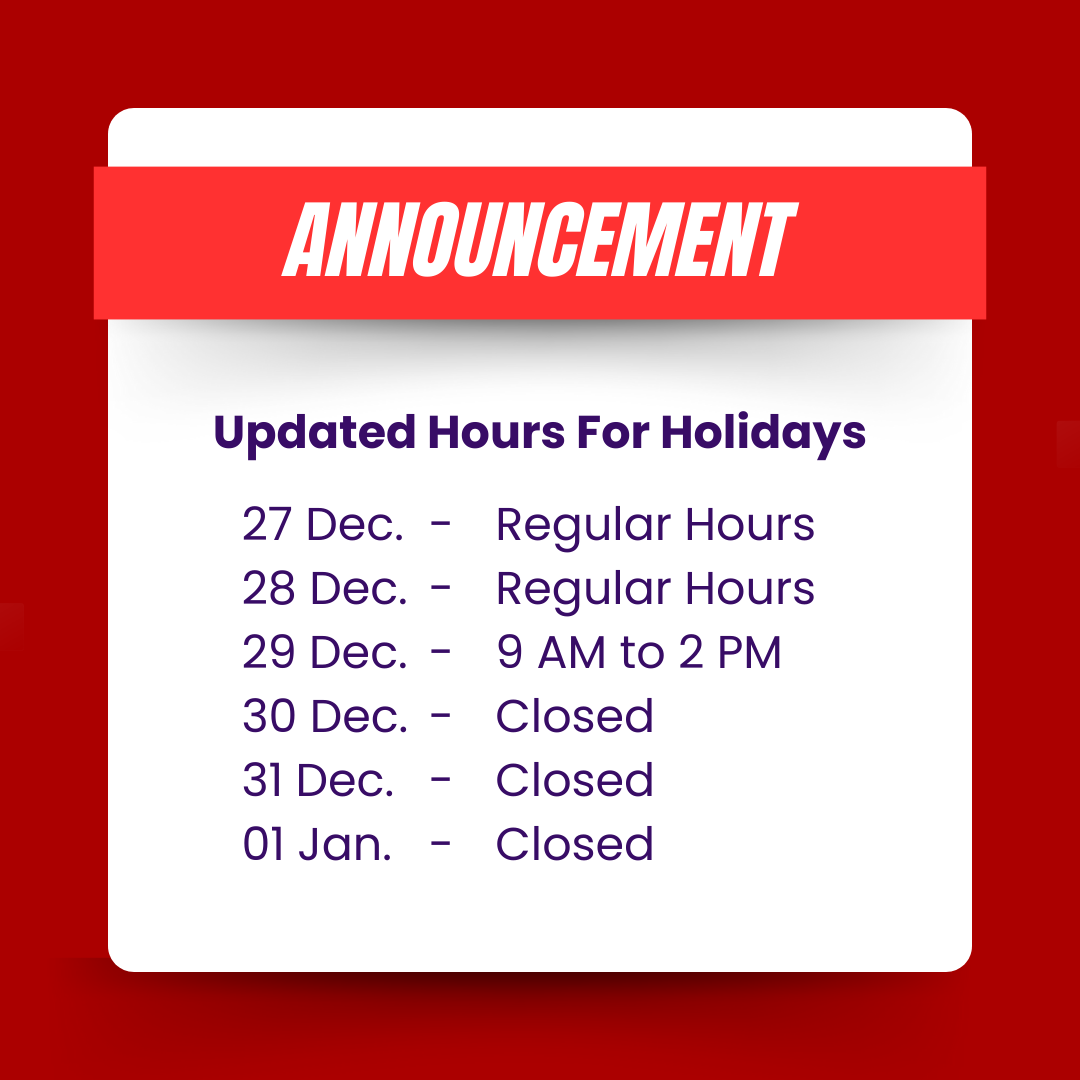You’ve just been in a vehicle accident, and you’re scared and unsure of what will happen next. Call the police, should you? Do you make phone calls to your insurer? Do you report it to the collision center? Keep your composure first. – Auto Insurance Claim Even though they are upsetting, car accidents frequently occur, and there is a defined procedure in place for what to do next. First thing to be done if anyone was hurt in the accident is get medical help. Accidents should be reported after any injured individuals have been examined by medical personnel. The circumstances, however, will determine who you report the accident to and if you are legally compelled to do so. For more information on how to file a car accident report in Canada.
Do I need to report this accident? – that’s the first thought. Some situations might require you to report a car accident to the police by law. For instance, in Ontario, you are required to file a police accident report if the damage to either car exceeds $2,000 or someone was hurt in the collision. The following is a list of circumstances in Ontario where you must report a car collision to the police:
- If the combined value of both vehicles’ damage after the collision exceeds $2,000
- If someone is injured in an accident, even if the injury is minor
- If a government vehicle was involved in the collision.
- If an uninsured or underinsured driver was a factor in the collision.
- If there is a criminal act such as drunk driving or drug- or alcohol-impaired driving
- If a pedestrian is involved in the collision.
- If the mishap led to damage to either municipal or private property.
- If you’re unsure of whether you should report the accident to the police or not based on the aforementioned requirements, get in touch with our trusted Insurance advisors for the best advice.
What happens if I don’t report a vehicle collision?
Even if the accident was minor, it can be tempting to forego reporting the accident and making a claim altogether, but this is not a good idea. In fact, doing so could have negative effects, especially since it might be against the law in some situations and would go against the conditions of your auto insurance policy. Many motorists consider not reporting an accident because they do not want their insurance prices to increase. However, it may end up costing you more money in the long term to conceal an accident. For a list of some of the penalties you could encounter for neglecting to report an automobile accident in Ontario, Auto Insurance Claim.
In accordance with Ontario’s Highway Traffic Act, leaving the scene of a car collision may result in:
- Fines between $400 and $2,000 are possible.
- Your driver’s license might be suspended for up to two years.
- Prison time (depending on the severity of the accident that you left).
Failure to report a Auto Insurance Claim, either to the police or your insurance provider, may also expose you to the following ris
- If the other motorist chooses to notify their insurance provider of the collision, your insurance provider will also be made aware of the incident, and if you neglected to declare it, they may elect to terminate your coverage. This can make you appear guilty for not making a claim right away after the collision, and it can also make it harder (and more expensive) for you to get a car insurance coverage in the future.
- If the other driver makes the decision to call the police, you may be prosecuted with fleeing the scene of an accident and subject to severe penalties, license suspension, and jail time.
- The opposing driver could opt to forego payment: All you have is the other driver’s word if you both agree not to report the collision and to cover any costs out of pocket. Even if you didn’t cause the accident, you can still be required to pay for the damage if they decide to back out.
- Injuries caused in vehicle accidents can be serious, but they don’t usually show up right away. Injuries could only become apparent after the incident. However, failing to report an automobile accident will prevent you from filing a claim with your insurance provider, forcing you to pay for any medical costs that are not covered by your health insurance out-of-pocket.
How soon must I file an accident report?
- Drivers in Ontario are required to report vehicle collisions within 24 hours after the incident. It’s crucial to keep a record of the collision, even if the damage is modest (less than $2,000) and you decide against making an insurance claim.
What information do I require to submit a claim to my insurance provider?
- If you were in a car accident and want to submit a claim to your insurance provider, you must supply a number of crucial details. We usually advise amassing as much proof as you can before leaving the accident scene. Take pictures and videos of the situation, the involved vehicles, and any traffic lights or signs. Additionally, make notes about the road and the weather. When it comes to making a claim with your own insurance carrier or defending against a claim that has been made against you, the more information you have, the better.
- You also need to know the identities of any other drivers who were in the collision. Ideally, everyone involved in the accident should share home addresses, phone number, license plate number, driver’s license number, insurance company names, and insurance company numbers before leaving the scene of the collision. Additionally, it’s a good idea to note the names and contact information of any passengers or accident witnesses. We advise against accepting blame or agreeing to foot the bill for any required repairs or medical costs out-of-pocket during these discussions.
- Be ready to respond to a number of questions from your insurance agent, broker, or other company representative before submitting your claim. As there are several sorts of claims depending on your auto insurance coverages and the circumstances of the accident, they will assist you in choosing the one to file. Your claim may be impacted by a number of factors, including as who was at fault for the collision, whether the at-fault driver ran from the scene, and whether he or she had inadequate or no insurance. You might submit an uninsured vehicle claim, a liability claim, an accident benefits claim, or another kind of claim depending on these elements.
Having said that, you will require a number of papers regardless of the sort of claim you decide to file. Prior to communicating with your insurance provider, try to have the following details ready to make the claims process as smooth as possible:
- the name of the other driver’s insurance provider.
- the auto policy number of the other driver.
- the other driver’s car’s make, model, year, and registration number.
- the incident’s time, place, and date.
- the amount of the vehicle’s damage.
- names of any passengers who were in the car at the time of the collision.
- the severity of the wounds (if applicable)
- the other driver’s name and driving license number.
- the other driver’s vehicle identification number
- If the accident was reported to the local police, the name and badge number of the investigating police officer.
- What details are contained in a police report?
It’s time to learn about the information contained in a policy report now that you are aware of the details required to submit a claim to your insurance provider. Depending on who filed the report, where it was filed, and the details of the accident, a police report for an automobile accident in Ontario may contain different details. For instance, a report on an accident written at the site will differ from one written in the collision center after the event. Auto Insurance Claim
Police accident reports in Ontario frequently contain the following details:
The report number: A reference number is prominently displayed on all police accident reports.
Date and place of the accident: The report will include the accident’s exact date and place.
Accident information: The police report will include pictures of any damage or injuries caused by the accident. The sort of accident, the location of the damage and injuries, and other specifics will be recorded.
Driver information: All drivers involved in the collision will have their license numbers, insurance provider names, insurance policies, and contact information listed in the police report.
Information on the vehicles involved in the accident will also be included in the report, including their make, model, and year.
Statements: The report will include any pertinent witness or passenger statements. Auto Insurance Claim
A statement from the driver will be included that describes the circumstances leading up to the crash.
Last but not least, the police will include any additional information they think pertinent to the collision, such as any hazardous road conditions or weather.
Author – Vansh Arora








